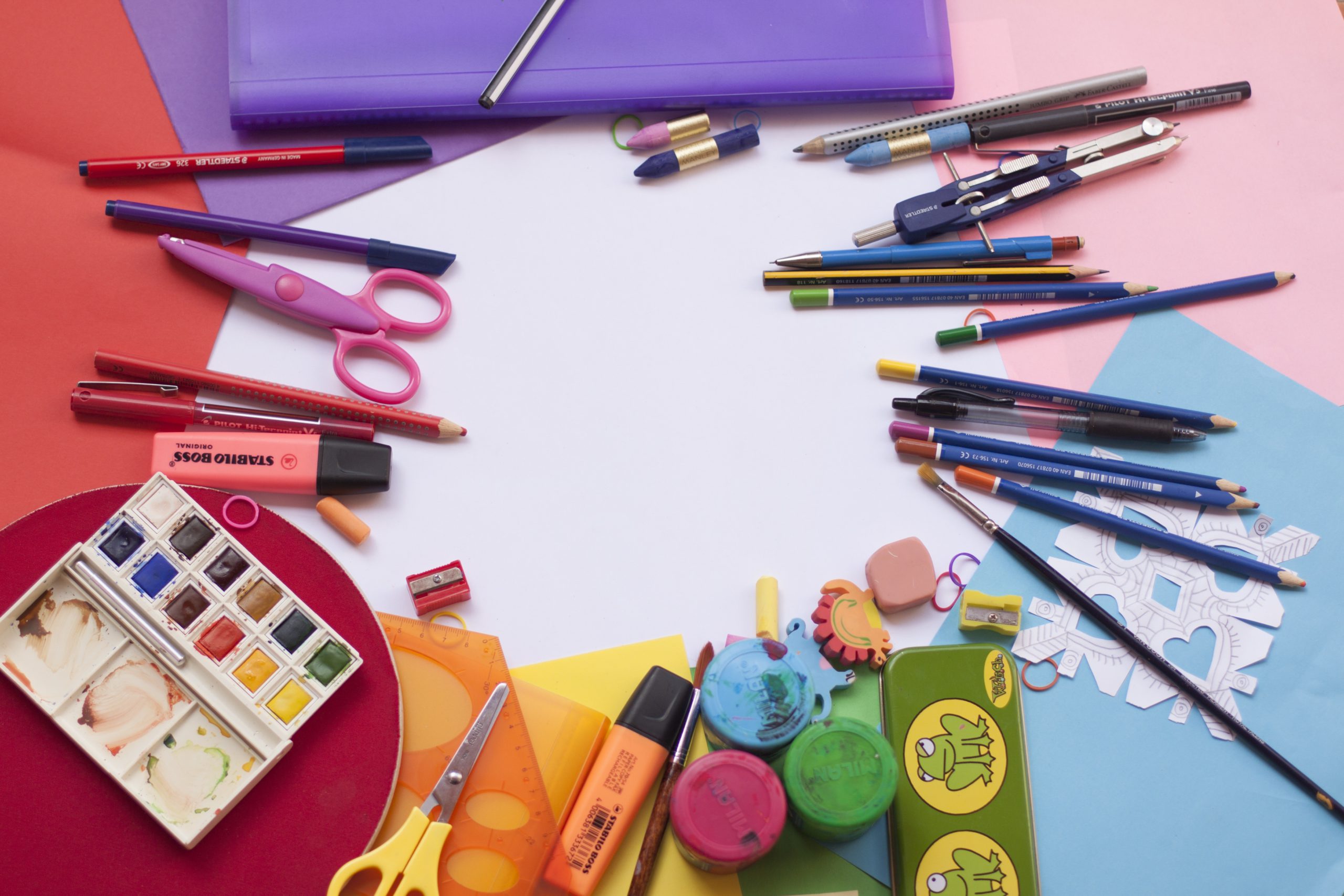Despite widespread opposition, the DfE appear to be insistent on introducing the statutory Reception Baseline Assessment (RBA) this September for all YR children, as reported recently in TES.
Whilst I also consider the current NfER model for RBA to be highly problematic, I do think that a Baseline – or an on entry assessment – in YR, is both inevitable and necessary.
Inevitable because all teachers, especially in YR, need an accurate, meaningful and authentic starting point from which to support and challenge the children they work with, and shape the teaching that will follow it.
Necessary because we are of course accountable for what happens to children at this highly critical and significant phase of their learning and development and we need to be clear about how teaching and provision are impacting on their progress and achievement.
As an EYFS specialist with an expertise in Early Years assessment, I am not opposed to a Baseline in principle, but rather the current iteration which I believe is far too narrow in its scope and unreliable in its methodology.
However, as with the real purpose of assessment, its role needs to be providing real, useful and useable information for the teacher and the school.
Presuming that children will start school again in September, it is important to consider what this is likely to mean in practice. We cannot underestimate, nor indeed perceive, the psychological impact that these months will have had on all of us – and this will be especially true for young children.
They will have experienced different levels of trauma in different ways that may take weeks or months to emerge.
They may well know a family friend or relative that has been hospitalised or even died as a result Corvid-19.
They will have been isolated from their friends and even close family for a sustained period of time
They will have experienced different versions of distanced learning that have been alien to all of us (providers and receivers alike).
They will have been unable to play outside in any familiar way.
They will have absorbed new terminology and concepts like social distancing and self-isolation….
What effect will this have had on children?
Above all they will inevitably have picked up on the universal and collective anxiety, fear and general instability of this sudden, profound and unexpected transformation of their world and the people in it.
While even as adults with years of living experience we wrestle daily with the challenges the current situation poses, for young children this is infinitely magnified. This, we must remember, is happening to them at precisely the point in their development when they are forming their understanding of the world, and this is obviously going to be seriously skewed by what is happening around them.
So we could reasonably assert that the YR cohort that might start in September will be anything but ‘typical’.
So there are two issues here;
- what information is going to be needed to most effectively support these children immediately
- What can this information tell us about the cohort as a whole and the long term implications for policy and support this might have
In my view the current RBA is completely unsuitable for either of these purposes.
My unsolicited advice to the DfE is this:
1. At the very least, suspend the current RBA for this year (although its worth noting that most of us wouldn’t mind if it quietly faded away permanently as a result of this…)
2. Create an ‘emergency’ RBA for September 2020 that both addresses the needs of the individual children and provides an authentic picture of the cohort as a whole. I would humbly suggest that this needs to consist of the following and is based on the hybrid model of ‘teacher led observational assessment’.
a] A predominant focus and assessment of each child’s physical, psychological wellbeing and emotional state.
b] An assessment of their ability to articulate and describe this; what we would term as ‘emotional literacy’.
c] A focus on each child’s ability to socialise with their peers and adults and the expectations of YR (Unlike older children who will still have some residual enculturation about the routines and expectations of ‘school’, this is less likely to be the case for younger children for whom this did not have time – nor maturity – to sufficiently embed before the lockdown occurred.).
d] Assessment of fundamental learning behaviours within the context of school; self-regulation and executive functioning being, at the very least, the starting points for this.
And finally, going forward (although I’ll take a – d for now).
e] Isn’t this a perfect opportunity to ‘reset’ what we assess on entry to YR, a real chance to fundamentally review how we do this and what we consider to be ‘important’ about YR children as they start school? Could this ‘emergency’ RBA evolve into something more authentic, useful, and – dare I say it – popular and accepted?
Not only would this provide us with the unique national picture which will help shape future policy, but detailed and meaningful information for YR teachers to support the obviously exceptional needs of the cohort as they start school.
Jan Dubiel is an ECE Consultant and Adviser.
@jan_dubiel
Jan Dubiel
Get in touch to find out more about how Learning Ladders supports EYFS practitioners.
